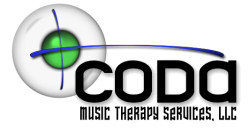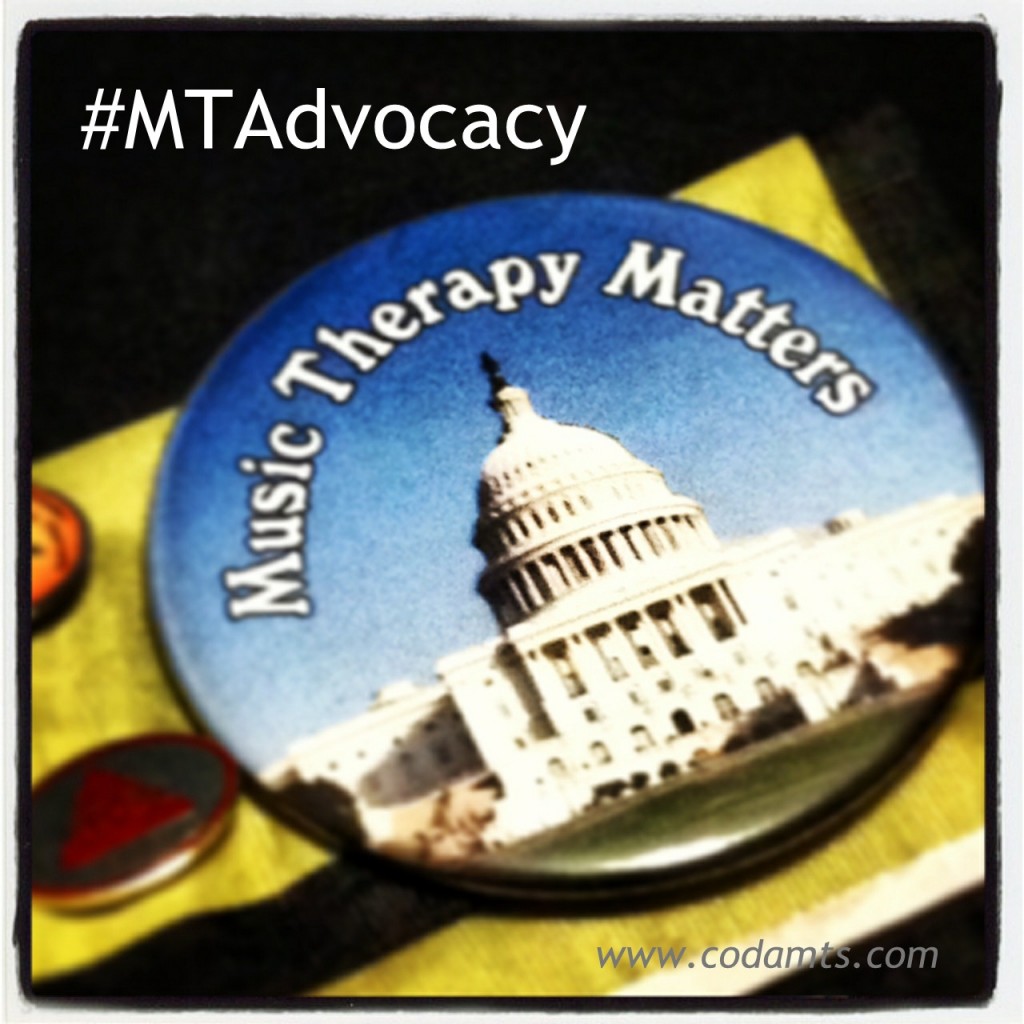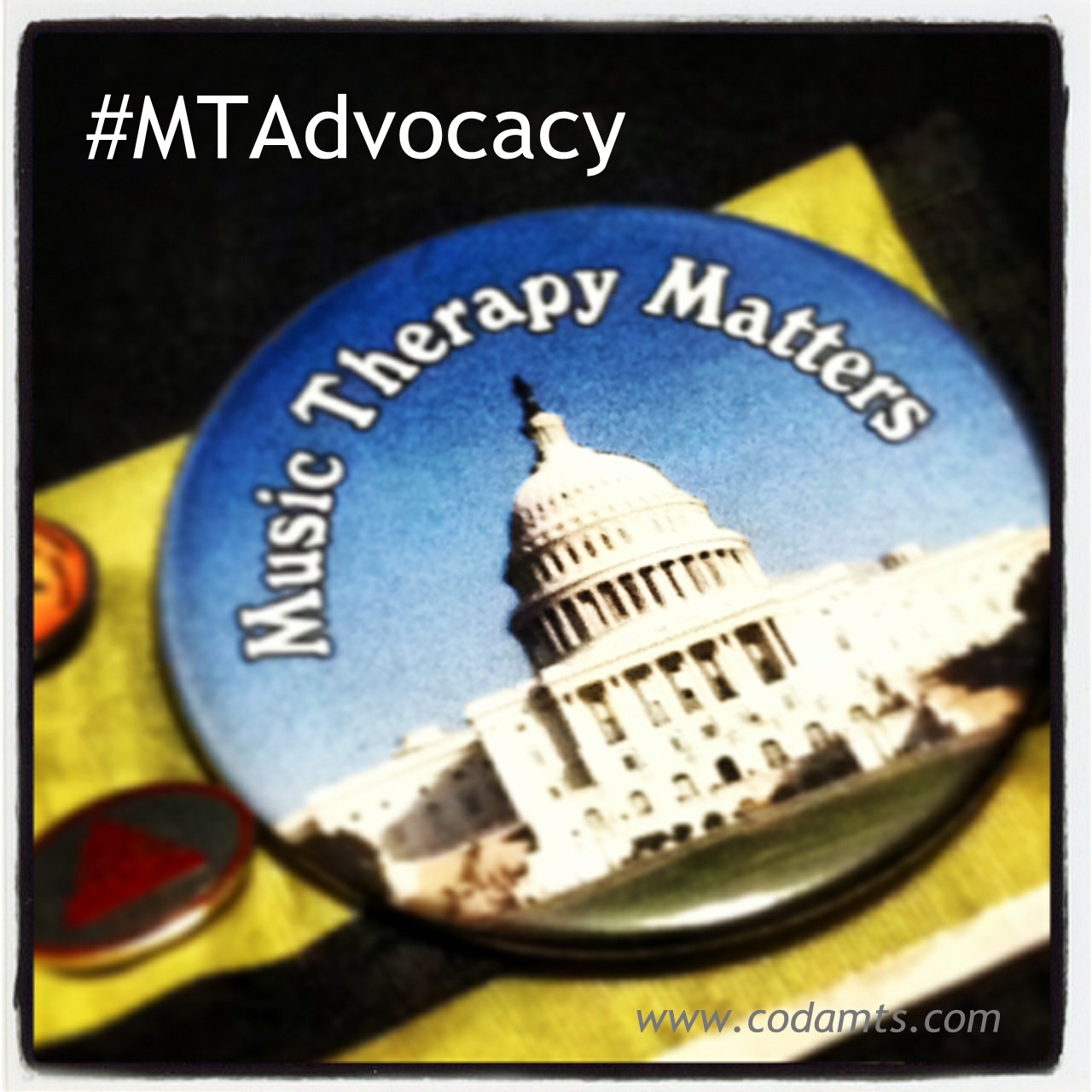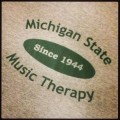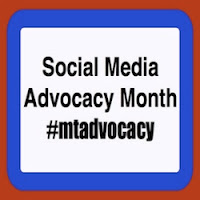The 2014 Social Media Music Therapy Advocacy Month (#MTAdvocacy) theme is “We are…”. This theme is intended to “center on exploring and honoring the profession of music therapy as a distinct profession, unique from other professions and professionals with which we work” (American Music Therapy Association). Though it has taken me ALL MONTH to get around to putting my thoughts into words (yes, it has been a whirlwind of a month!), I have spent a lot of time reflecting on this theme. An advocacy aspect which is particularly relevant in my life right now is the amount of education music therapists have and how surprised many people are when they find out what is involved in becoming a board-certified music therapist.
There are three main steps to initially becoming a board-certified music therapist: 1) complete an approved music therapy training program (a 4-year undergraduate degree or a 2-year equivalency program for those who already have a degree in music); 2) complete a six-month music therapy internship; and 3) successfully pass the music therapy certification exam. An individual may then use the credential: MT-BC, meaning Music Therapist Board Certified. [Note: There are other credentials used in other countries, as well as fully trained individuals who obtained a Registered Music Therapist (RMT) credential prior to the establishment of the MT-BC.]
Once certified, the music therapy certification cycle is five years. At the end of each cycle, the music therapist must either take a recertification exam or provide documentation that he/she has completed at least 100 hours worth of continuing music therapy education (CMTE) credits within the five-year cycle. The CBMT Scope of Practice outlines the skills board-certified music therapists are trained to perform and we adhere to a Code of Professional Practice.
Music therapists are not only trained to be proficient musicians – taking courses in theory, aural training, music history, and performance classes – but we also take courses in biology, anatomy, medical terminology, special education, psychology and/or counseling. Many music therapists pursue graduate and doctoral degrees in music therapy or a related field. For example, I am currently completing my master’s in Special Education with an emphasis in Early Childhood Special Education, as these are populations with whom I extensively work.
Unfortunately, there are still many who do not understand the requirements for music therapy certification. I recently heard about an individual who was employed as a “music therapist” for six years and had absolutely no music therapy training. Both employers and consumers need to be aware of the qualifications of anyone providing their services. Many states, including Michigan, are in the process of examining and/or actively pursuing state recognition of music therapy through licensure or title protection, to help ensure that quality services are being provided.
To learn more about music therapy training and schools offering music therapy programs, please visit the American Music Therapy Association or post your questions below.
